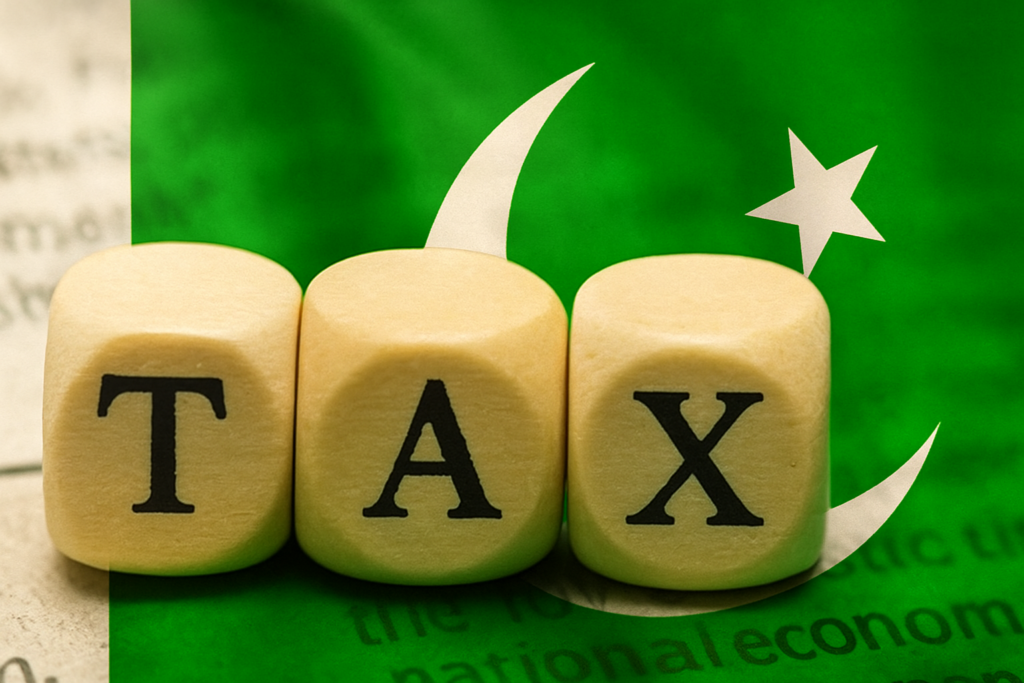Budget 2025–26 brings major tax reliefs for Real Estate sector

ISLAMABAD: The federal government’s budget for 2025–26, presented by Finance Minister Muhammad Aurangzeb on Tuesday, brings a wave of relief for Pakistan’s real estate and housing markets. With an aim to energize construction, simplify property transactions, and promote affordable housing, the proposed reforms are being seen as a significant step towards formalizing the sector.
One of the most impactful measures is the reduction in the withholding tax on property purchases. The government plans to bring the rate down to 2.5%, a noticeable cut from the current 3% to 4% range. This change is expected to lower the cost of transactions, making it easier for buyers and investors to engage in the market.
In another move welcomed by stakeholders, the budget calls for the abolition of the Federal Excise Duty (FED) — previously as high as 7% — on the transfer of commercial properties, plots, and houses. The decision is expected to drive more activity into the formal economy and encourage the legal transfer of properties.
To support home ownership, particularly for middle- and lower-income families, the government is introducing tax credits for individuals purchasing houses up to 10 marlas or flats up to 2,000 sq. ft. This is part of a broader push for low-cost housing. A structured mortgage finance framework is also said to be in development, signaling long-term policy support for housing finance.
In a notable regional development, stamp duty in Islamabad has been significantly reduced — from 4% to just 1% — potentially making property more accessible in the capital city.
Aurangzeb stated that these reforms are aligned with the government’s long-term strategy to address urban housing shortages and stimulate broader economic growth through real estate development.
Another key reform is the removal of the filer/non-filer distinction for major financial transactions, including property purchases. Moving forward, only individuals who submit wealth statements will be allowed to carry out such transactions — a measure designed to enhance tax compliance and discourage undocumented activity.
To enforce compliance, the government is also introducing tough penalties. Persistent non-filers could face consequences such as frozen bank accounts, bans on property transfers, or even closure of business premises. However, affected parties will retain the right to appeal within 30 days.
These initiatives are part of a larger fiscal vision aiming to raise Pakistan’s tax-to-GDP ratio to 14% by formalizing key economic sectors — with real estate front and center.
While the measures are still subject to parliamentary approval, real estate professionals and investors are watching closely, hopeful that these reforms will lead to greater transparency, affordability, and investment across the sector.